Château de la Bourbansais
A multiple commitment
Accueil » Commitment
A multiple commitment
While so many animal species have already disappeared from our planet, a modern zoological park’s mission is notably to safeguard endangered species in their natural environment. The Bourbansais Zoological Park strives to transmit this natural heritage by participating in several European Breeding Programs (EEP): with the animals living in the park: Gelada monkeys, etc.
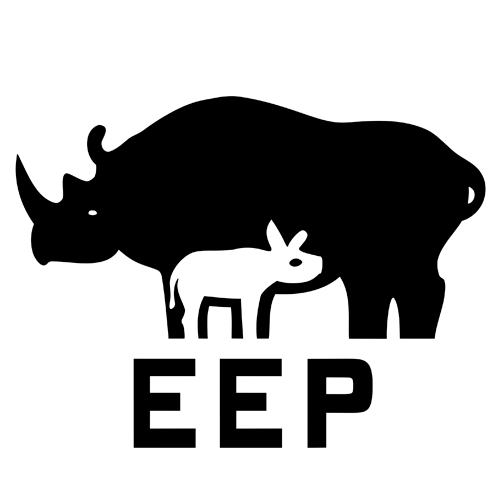
EEP : European EEP programs
European EEP programs for breeding and conservation of endangered species appeared in 1985. Such a program aims to initiate, monitor and give advice to promote the breeding of an endangered species (or so-called species in peril) while preserving its natural characteristics, with the aim of a possible reintroduction into the wild or a strengthening of the wild population by the addition of specimens raised in zoological parks.
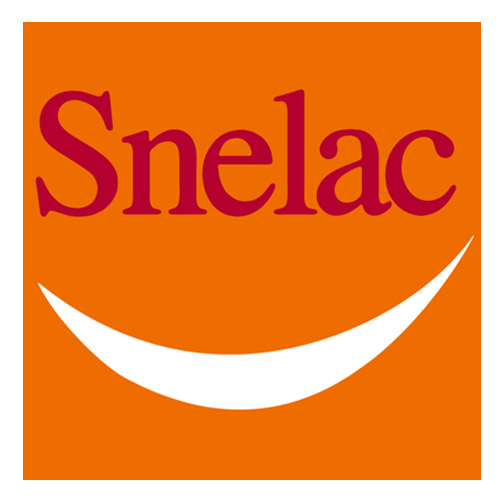
National Union of Leisure, Attraction and Cultural Spaces
SNELAC is a professional union, open to all leisure sites which welcome a family audience in an enclosed and furnished space. Amusement parks, water or animal parks, theme parks or cultural sites have joined SNELAC in order to promote their activities. More than 150 sites are currently united in their diversity: Disneyland Resort Paris, Compagnie des Alpes, Futuroscope, Aqualand, Doué Zoo, Château de Breteuil, Puy du Fou and regional or family businesses spread throughout the French territory.
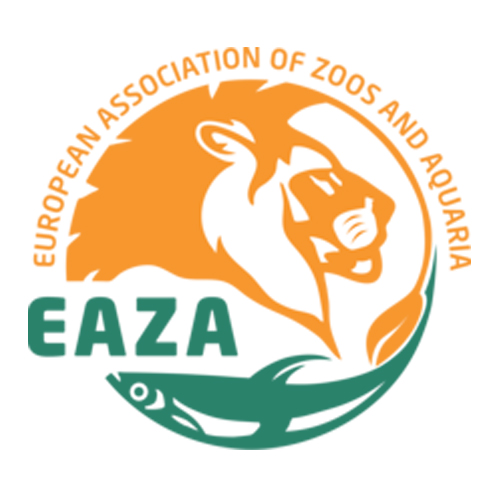
EAZA (European Association of Zoos and Aquariums)
The Bourbansais Zoological Park is an active member. The European Association of Zoos and Aquaria (or EAZA) is an association of European zoos and aquariums which aims to promote cooperation between zoos with the aim of preserving species. Originally created in 1988 between the countries of the European Community at the time, the association acquired its true European status in 1992, with the fall of the Berlin Wall, and became EAZA. Today it brings together 297 members spread across 34 European countries, as well as a few members from countries bordering Europe, such as Israel, Turkey, Kuwait and the United Arab Emirates. The EAZA issues guidelines and a code of ethics for its members, particularly concerning the arrangements and care to be given to animals.
Guide Michelin

We are very proud this year to have 2 stars in the Michelin Guide.
AFdPZ
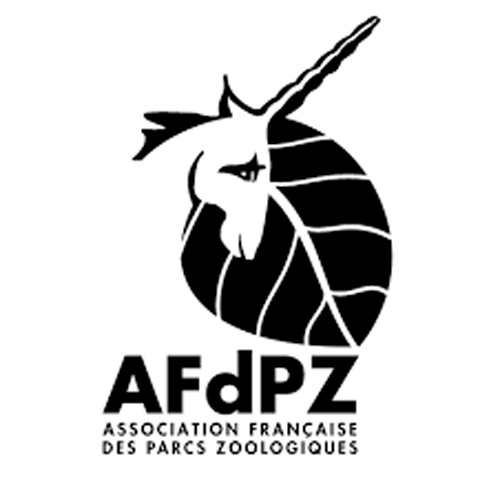
AFdPZ, French Association of Zoological Parks
Refuge

We are also labeled “bat refuge” by the GMB!
Demeure historique

Member of the historic residence for over 30 years.
Audacieux du patrimoine
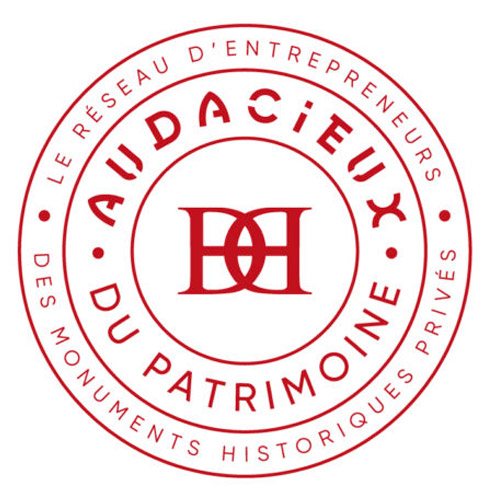
We are also labeled “bat refuge” by the GMB!



